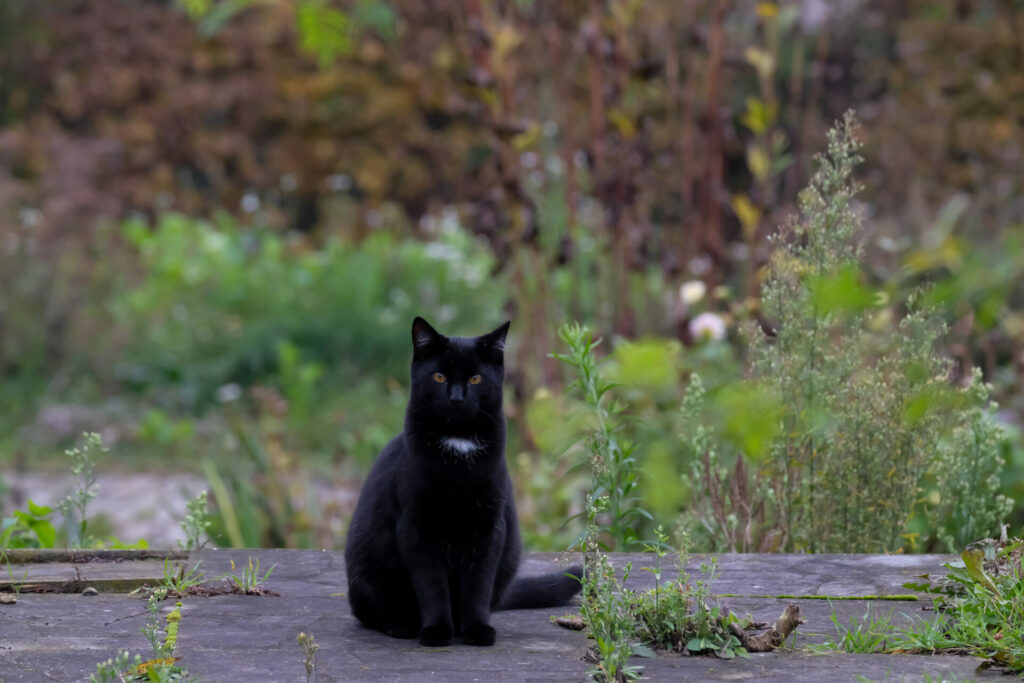Flemish cities and municipalities are increasingly investing in a local stray cat policy; they caught 14,609 stray cats and sterilised 11,800 of them last year, a survey among 252 local authorities shows.
Flemish Animal Welfare Minister Ben Weyts wants to map out which municipalities are still falling short and calls for continued attention to be paid to the stray cat problem – for example also in the programmes for next year's municipal elections.
"If the stray cat population gets out of hand, it will cause a lot of nuisance and animal suffering," said Weyts. "Local authorities must continue to focus on this. Catching and sterilising them remains crucial and deserves political attention."
In 2018, Weyts decided in 2018 that every municipality must draw up a well-considered and efficient stray cat plan to ensure the cat population does not skyrocket: a female cat is already fertile from five to six months old and can have up to three litters per year of three to six kittens each.
Well-thought-out and thorough policy
An uncontrolled increase in the number of cats inevitably causes nuisance and animal suffering. In 2022, the Flemish cities and municipalities caught 14,609 stray cats and sterilised 11,800 of them. Compared to 2020, local authorities are now investing an average of 20% more budget in the stray cat policy.
Almost all municipalities take specific measures, such as a local hotline, capture and sterilisation campaigns, cooperation with animal shelters, and the installation of shelters, among others.
The Flemish Government supports the local authorities in terms of content and promotes the method of 'catch, sterilise and return' – a method that reduces the population in the long term, as well as the nuisance for local residents.
For example, cats spray and fight less after sterilisation, which also reduces the risk of disease transmission and pollution of the environment. After this kind of action, local residents notice that there is less noise, fewer broken garbage bags, etc.
Related News
- Cats in Brussels: Sterilisation and identification law strengthened
- 'Controlling population': Record number of stray cats caught in Flanders last year
- Adopt a pet: Animal shelters in Brussels are at maximum capacity
"Every municipality has stray cats. We can only really make a difference with a well-thought-out and thorough policy," said Weyts. "We have to keep catching and sterilising them. I do not believe in a policy where captured cats are euthanised en masse: if that were to happen, the Flemish people would stop reporting stray cats to their municipality."
Now, he wants to further map out which municipalities are still lagging behind. Continued attention to the stray cat problem is important, in all cities and municipalities. In many places, local politicians are currently writing programs for the municipal elections of 2024 and stray cats also deserve the necessary attention.
"I am grateful for all the efforts that are already happening, but some places can do more. That can also be the subject of local debate in the run-up to the local elections next year," Weyts said.

